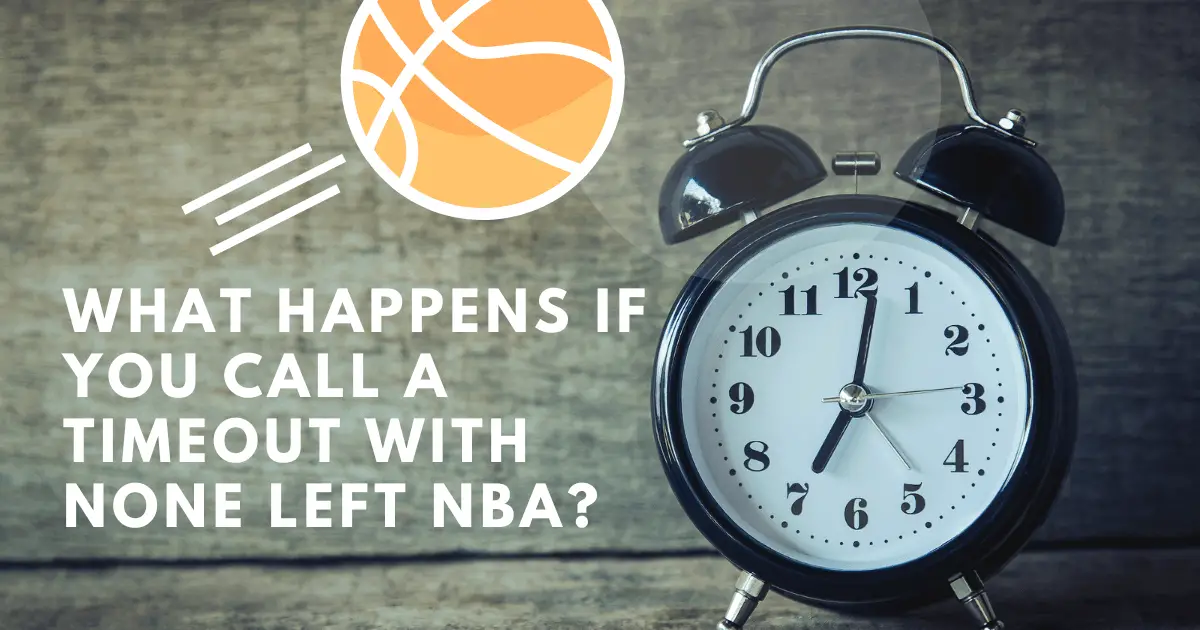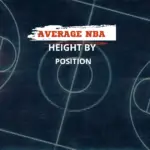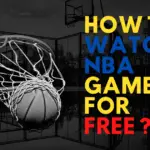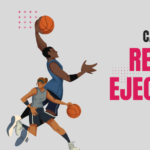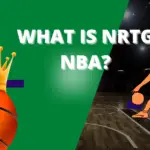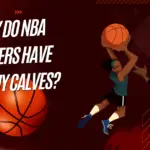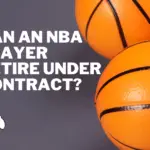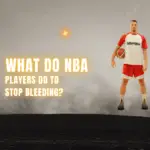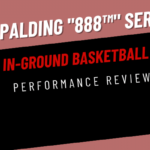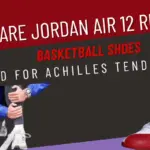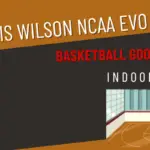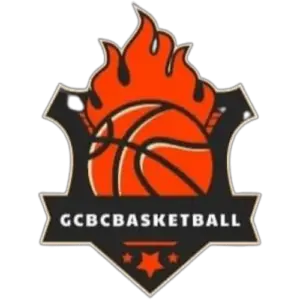A timeout called when none remain is considered a technical foul and will result in free throws for the opposing team and possession of the ball. Furthermore, any coach or player breaking this rule may face additional disciplinary action from the league.
The NBA has strict guidelines on how many timeouts are allowed per half, and within each quarter, so teams should be careful not to exceed those limits. Teams should also keep track of their remaining timeouts throughout the game using visual aids such as whiteboards or mental tracking. Additionally, coaches should ensure that their players know when no more timeouts are left to use before attempting to call one.
Can You Call A Timeout With No Time Left In Basketball?
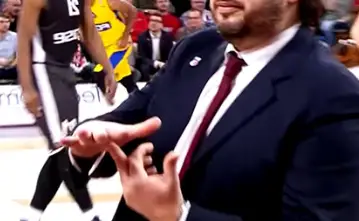
It is possible to call a timeout when there is no time left on the game clock. However, this will result in a technical foul against the team who attempted the timeout. The opposing team will be awarded one free throw and possession of the ball at midcourt.
Can You Call Two Timeouts In A Row In NBA?
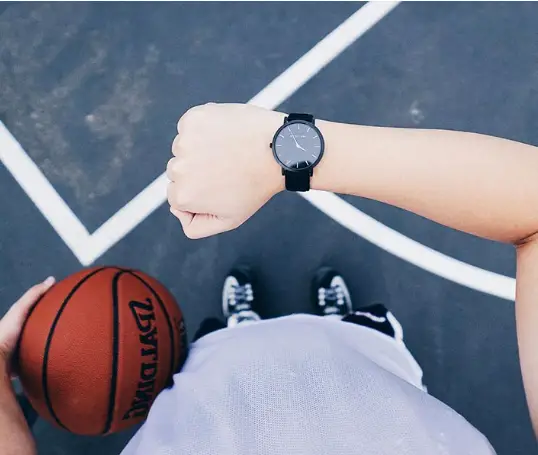
In the NBA, a strict rule states that teams cannot call two timeouts in a row. If a team calls a timeout and then tries to call another, the referees will not allow it. This rule is put in place to prevent teams from taking advantage of the stoppage on the court by calling consecutive timeouts to give their coaches more time to come up with strategic plays or draw up set plays.
Not only does this rule exist for regular season games, but it also applies during post-season games such as playoffs or championship games. Coaches need to keep this in mind while strategizing during these high-pressure situations where every decision can make or break their team’s success.
Rules For Timeouts In Basketball:
Number And Length:
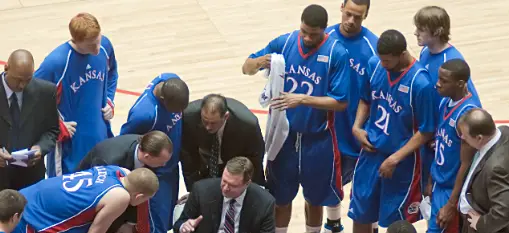
In the NBA, each team is allotted seven timeouts per game that last 75 seconds; four in the first and three in the second half. If all seven are used, no additional timeouts may be taken until after another stoppage of play due to either team scoring or committing a personal foul.
Calling Timeouts:
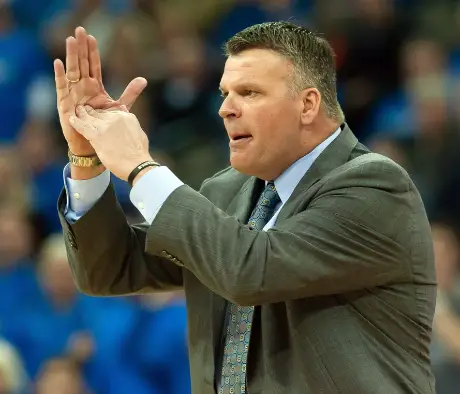
Timeouts can also be called during certain situations, such as after a team scores, shooting free throws, or substituting players. Teams should use these situations wisely because if not used correctly, they could cost them valuable points or possessions later in the game.
When Can You Not Call A Timeout In Basketball?
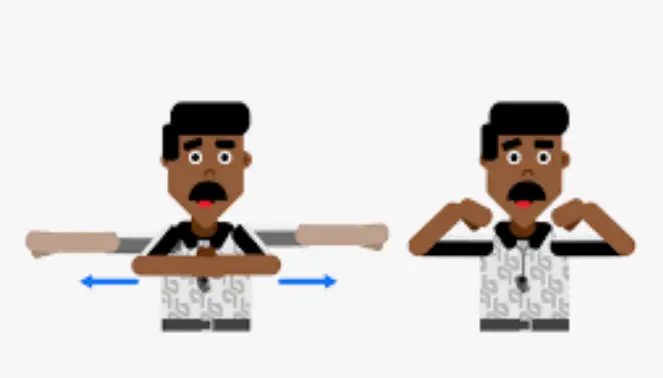
During live play, timeouts must be called before the ball is put into play. Once the ball has been inbounded or touched by any player, no one on either team may call a timeout. Timeouts are also prohibited once a foul has been committed or during free throw attempts—even if there has not been an interruption of play due to a stoppage in action from either team.
Why Do You Need To Call A Time-Out In Basketball?
Make Strategic Decisions:
Calling a time-out in basketball is an essential part of the game. It allows players to regroup and make strategic decisions on how they will continue playing. Time-outs allow coaches and players to adjust their style of play based on what has happened so far in the game.
Break Up Long Stretches Of Play:
Time-outs are also used to break up long stretches of play, which can help keep players focused and energized throughout the game. Calling a time-out allows for quick breaks where teams can discuss tactics or for substitutions if needed. This can be especially useful for younger teams that need extra guidance and instruction from their coach during games.
InfoGraphics:
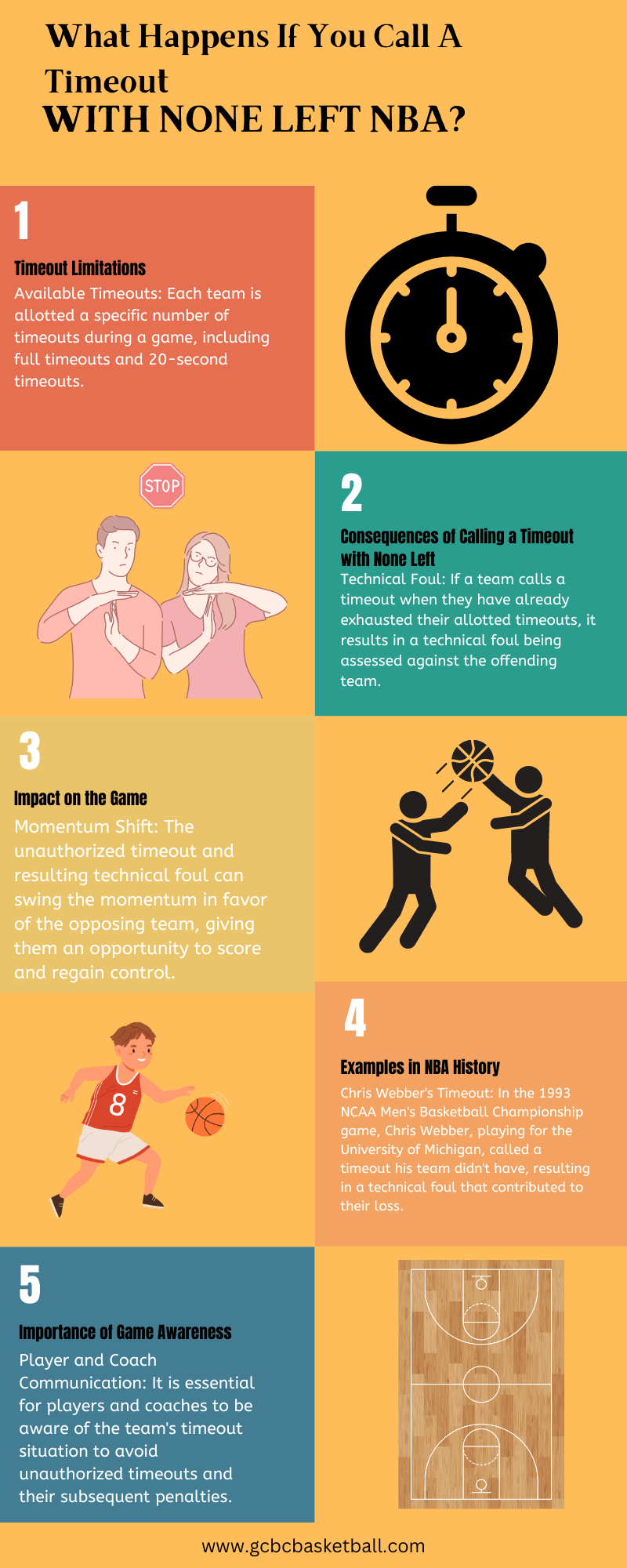
Conclusion:
Attempting to call a timeout with none left in the NBA is impossible, and it will result in either a technical foul or a turnover. Additionally, teams may face additional penalties if they intentionally attempt to exhaust their allotted timeouts. As such, coaches must ensure that they are mindful of the number of timeouts available throughout the game. It is also important to remember that timeouts can be used strategically to give teams an advantage on the court.
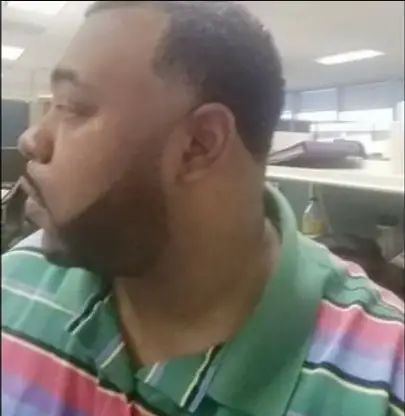
Clyde Jackson III is a basketball coach and the founder of GCBC Basketball, a basketball-related learning and informational website that focuses on helping young players develop their skills on and off the court. With over 15 years of coaching experience, Clyde has worked with players of all ages and skill levels, from beginners to professionals.

